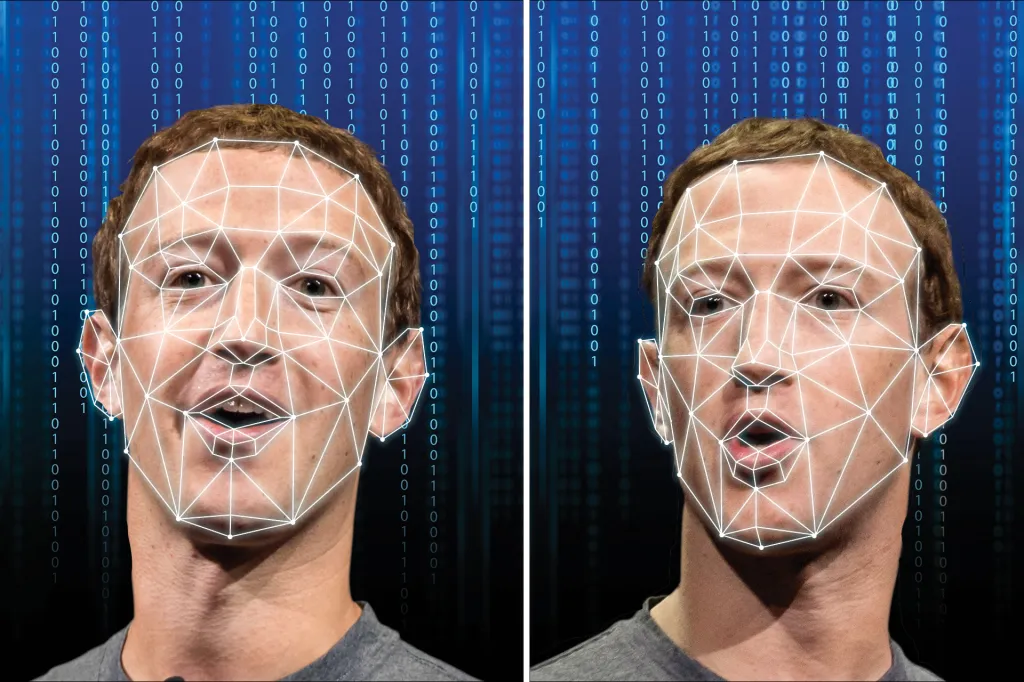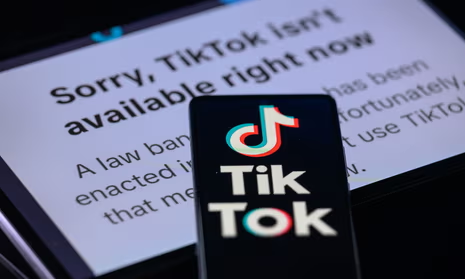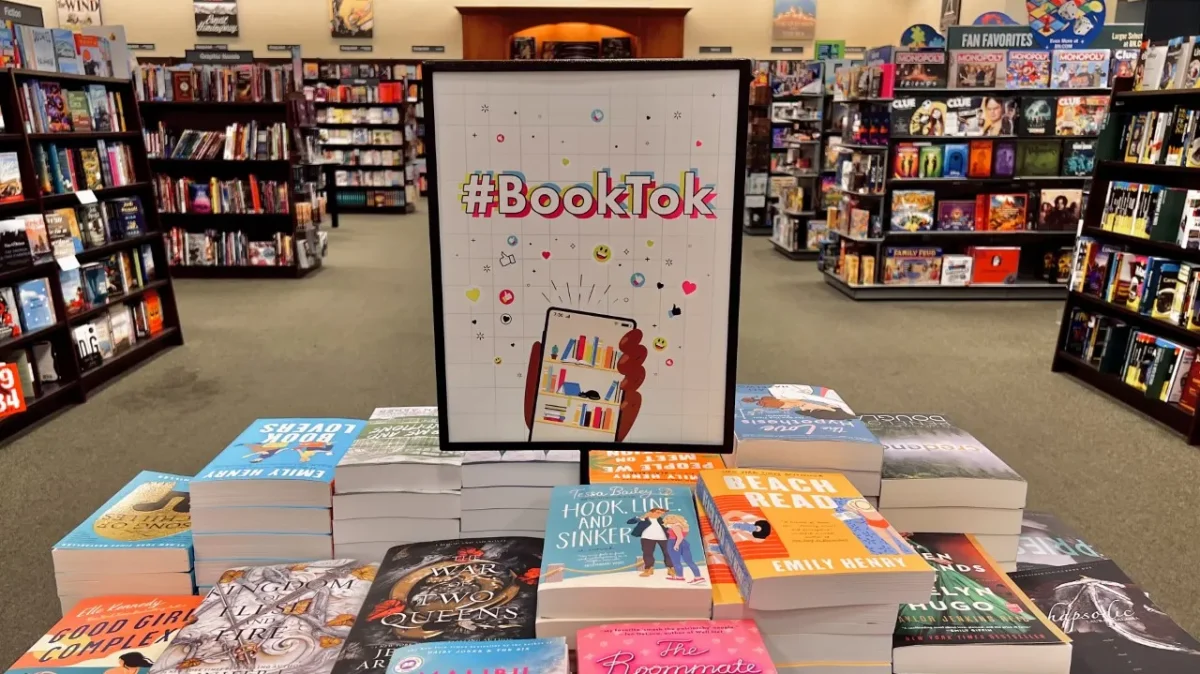At some point in their lives, everyone has had some sort of interest in a famous person, whether that be a singer, athlete, or even a politician. Famous people have always been a point of fascination, even a thousand years back when people showed an infatuation with pharaohs. With the help of social media, people have started to show an even deeper interest in these public figures. However, they sometimes go too far in their pursuit of connecting with celebrities and can form parasocial relationships.
Parasocial relationships are one-sided relationships, most commonly between fans and celebrities. They occur when one invests their time, energy and interest in another party that most likely are not even aware of their existence. The individual may believe that their relationship is personal and reciprocal.
However, parasocial relationships, are not always as detrimental as they are made out to be. They can often be beneficial as well. Being able to connect with someone comes with positive emotions, and at times, it can even relieve depression and loneliness. Parasocial relationships can be perfectly healthy, but the key is moderation. As long as the individual knows that it is one-sided, and they have relationships outside of their parasocial ones, it should not cause them any issues. It only becomes a problem once they take it too far.
There are three levels of intensity of a parasocial relationship: entertainment-social, intense-personal, and borderline-pathological. The first level, entertainment-social, is when someone casually interacts with the figure. They could be a source of entertainment or gossip for the individual, and at this point, their relationship with the celebrity is considered rather impersonal. The second progression would be intense-personal. At this point, fans may feel that they are very personally involved with a celebrity, and might even consider them their soulmate. The final level is borderline-pathological. This is where obsessive and stalkerish behaviours are seen. The fan may believe that they truly know the celebrity on an extremely intimate and personal level.
Parasocial relationships have become increasingly common in the past couple of years. This is thanks to the rise of social media, influencer culture, and vlogging. Social media platforms have allowed celebrities to share more about themselves in a very accessible manner. As fans are allowed more insight into the lives of their favourite celebrities, they could feel as if they know the figure on an extremely personal level. With the help of social media, interaction between fans and celebrities has also been growing more frequent and accessible. When fans get a like or a comment, the fan may perceive it as an intimate gesture from the celebrity.
The same could be said for vlogging, which is a relatively new style of entertainment in the form of videos that showcases one’s daily life. This content can make viewers feel as though they are part of the influencer’s life. The very idea of an “influencer” has also been a contributing factor of the increase in parasocial relationships. They blur the line between celebrities and fans, and some may identify with them more since they are like “normal people”.
Many content creators also feel an obligation to share more and more of their personal lives for views or followers. In an interview with The Guardian, influencer Camille Charriére said, “Sharing your children, your boyfriend, the inside of your home, perhaps about your mental health or other illness struggles, family stuff – all of that performs better on social media” . She expressed that content often has to be intimate and relatable in order for her content to perform well online.
As a result, public figures often fall victim to these parasocial interactions. A genre where borderline-pathological relationships are seen most often is K-pop. Because K-pop artists release extra content such as behind-the-scenes videos, vlogs, or reality shows, fans feel much more connected to them. Other aspects of the genre’s fan culture can foster extreme parasocial interaction, like the management agencies and artists themselves pushing the narrative that they share a deep connection with their fans. This leads to fans often displaying obsessive or pathological behaviours, such as stalking, or a feeling of entitlement over the idol’s life. Dating is such a big taboo in the K-pop industry because of the extreme reaction and backlash that artists face when they are revealed to be in a relationship, because of the possessiveness that fans feel over K-pop artists.
It is important for fans to be conscious of the state of their relationship with a celebrity and to foster social relationships with friends and family. With the increase in parasocial relationships, making an effort to be aware of how you perceive your idols and favourite celebrities is important.








